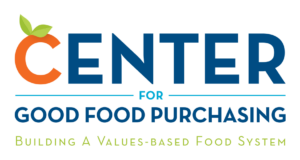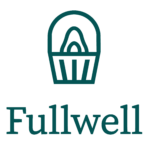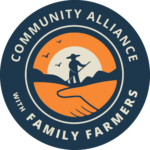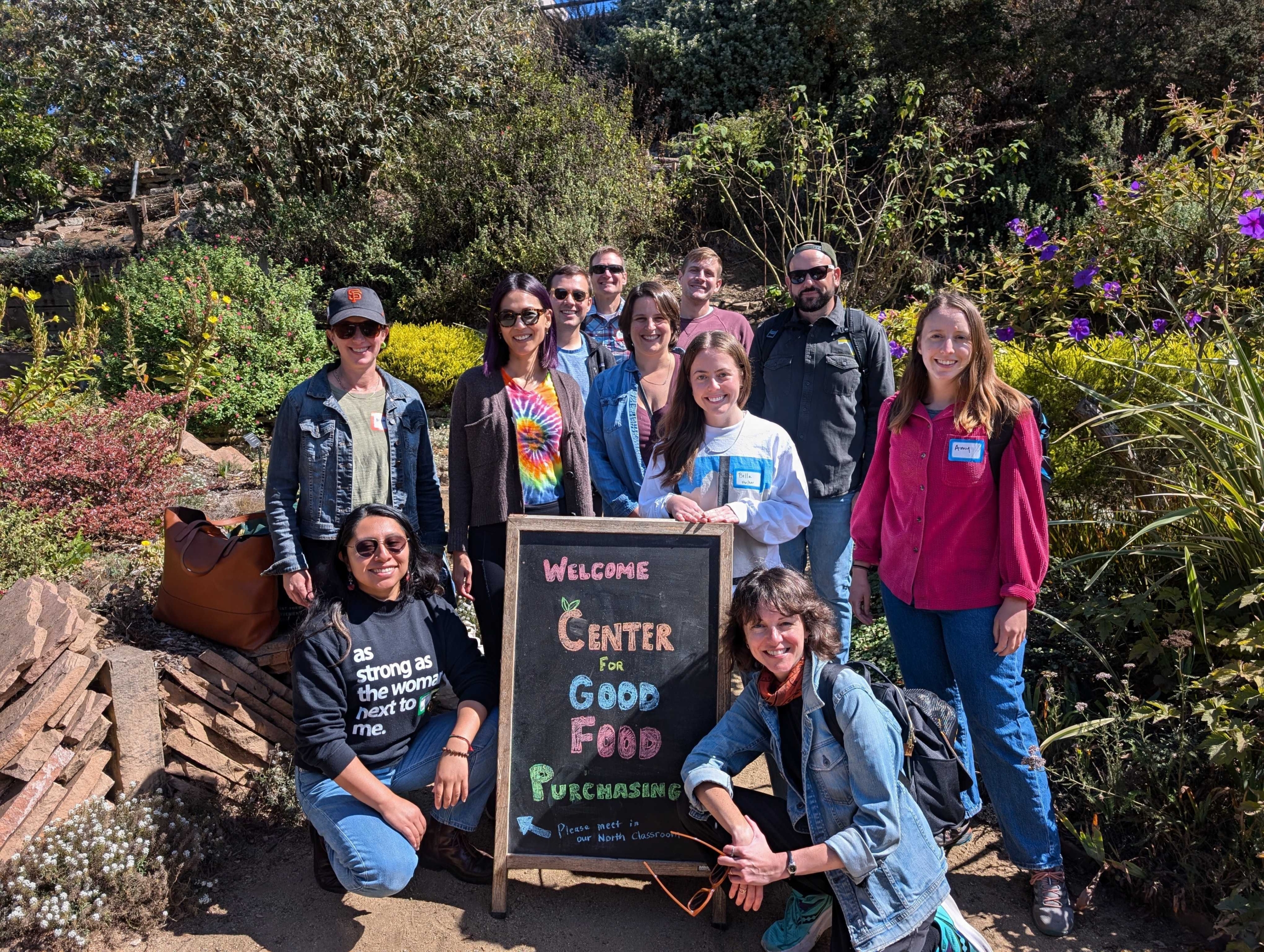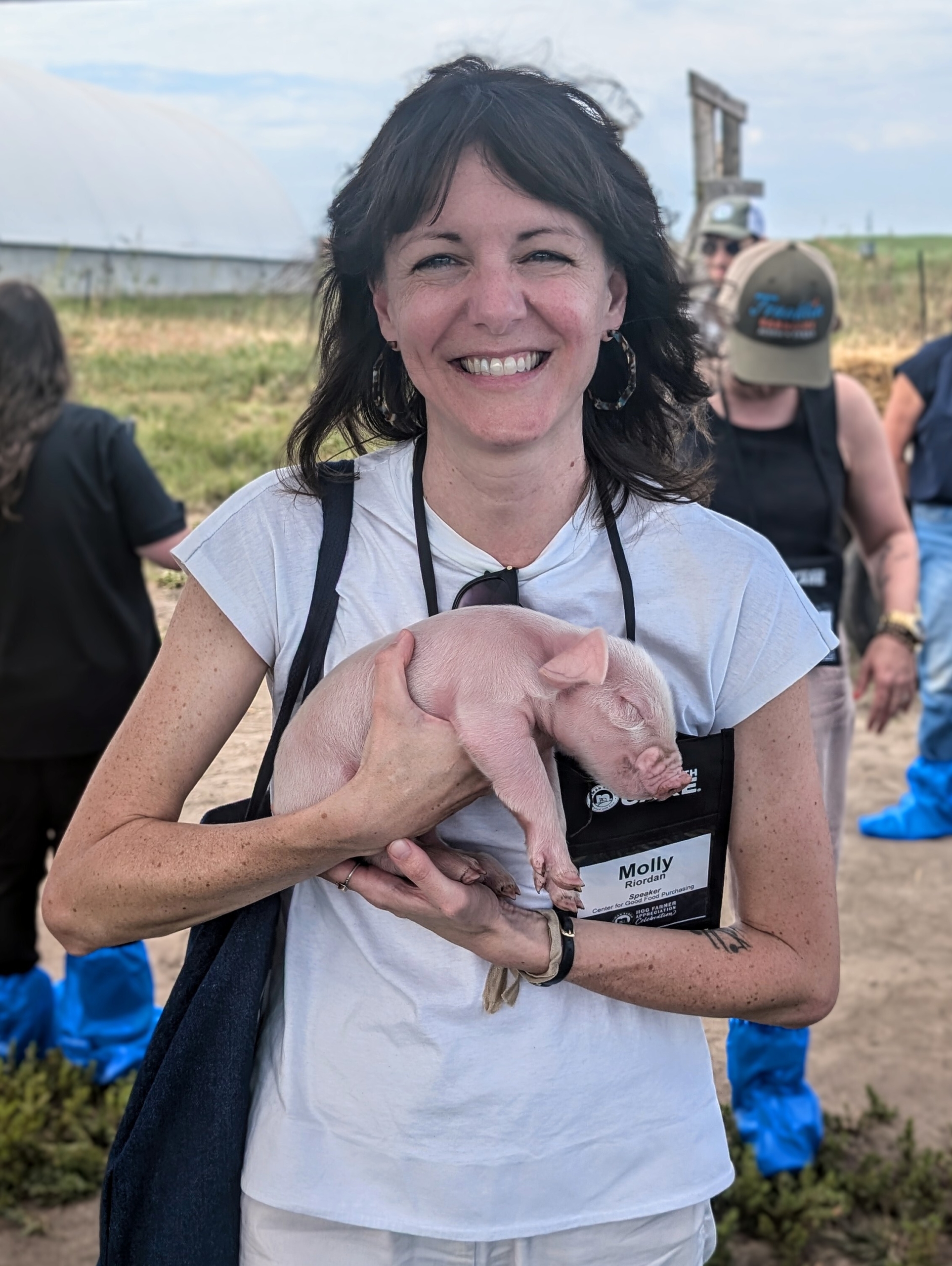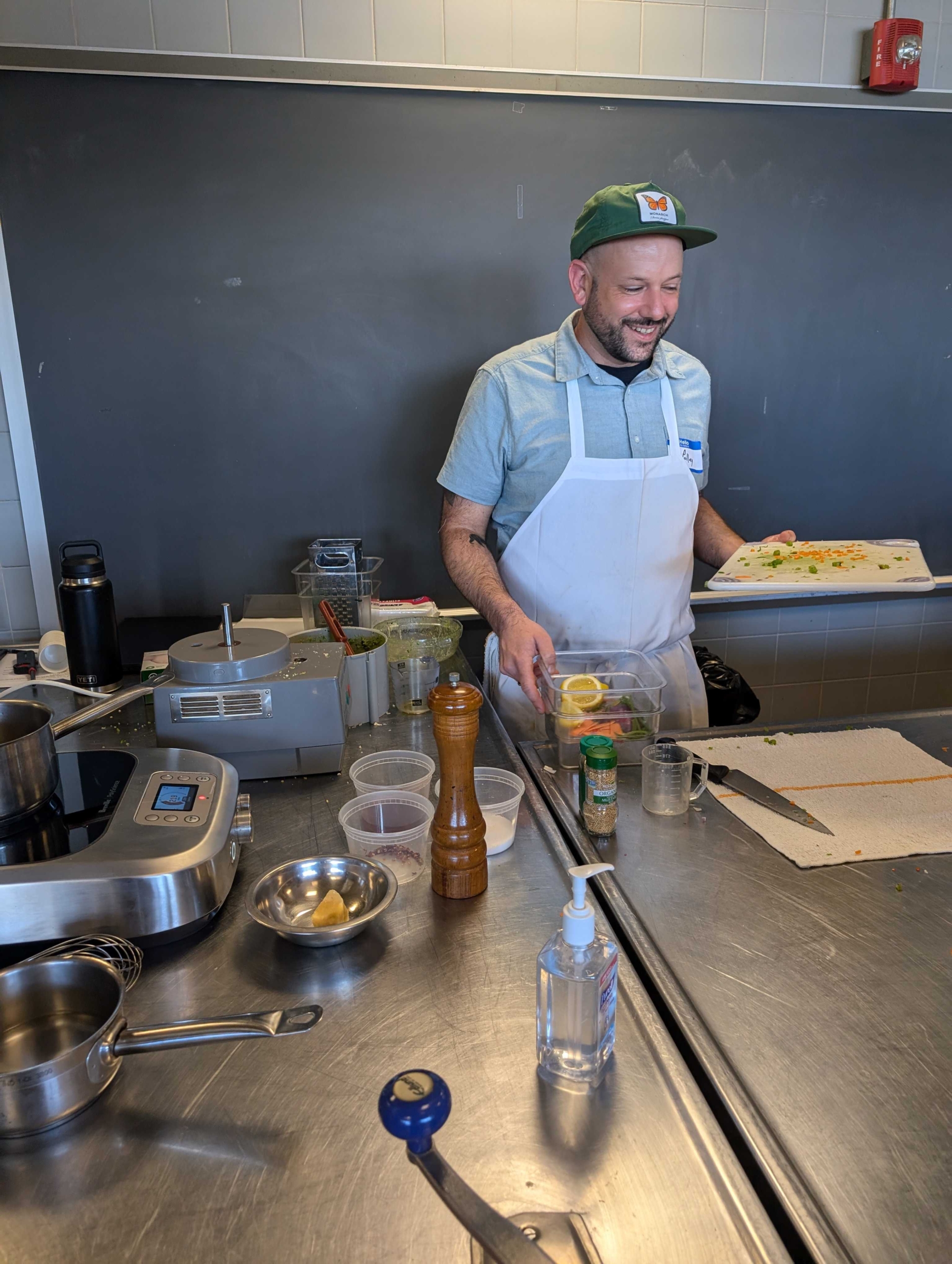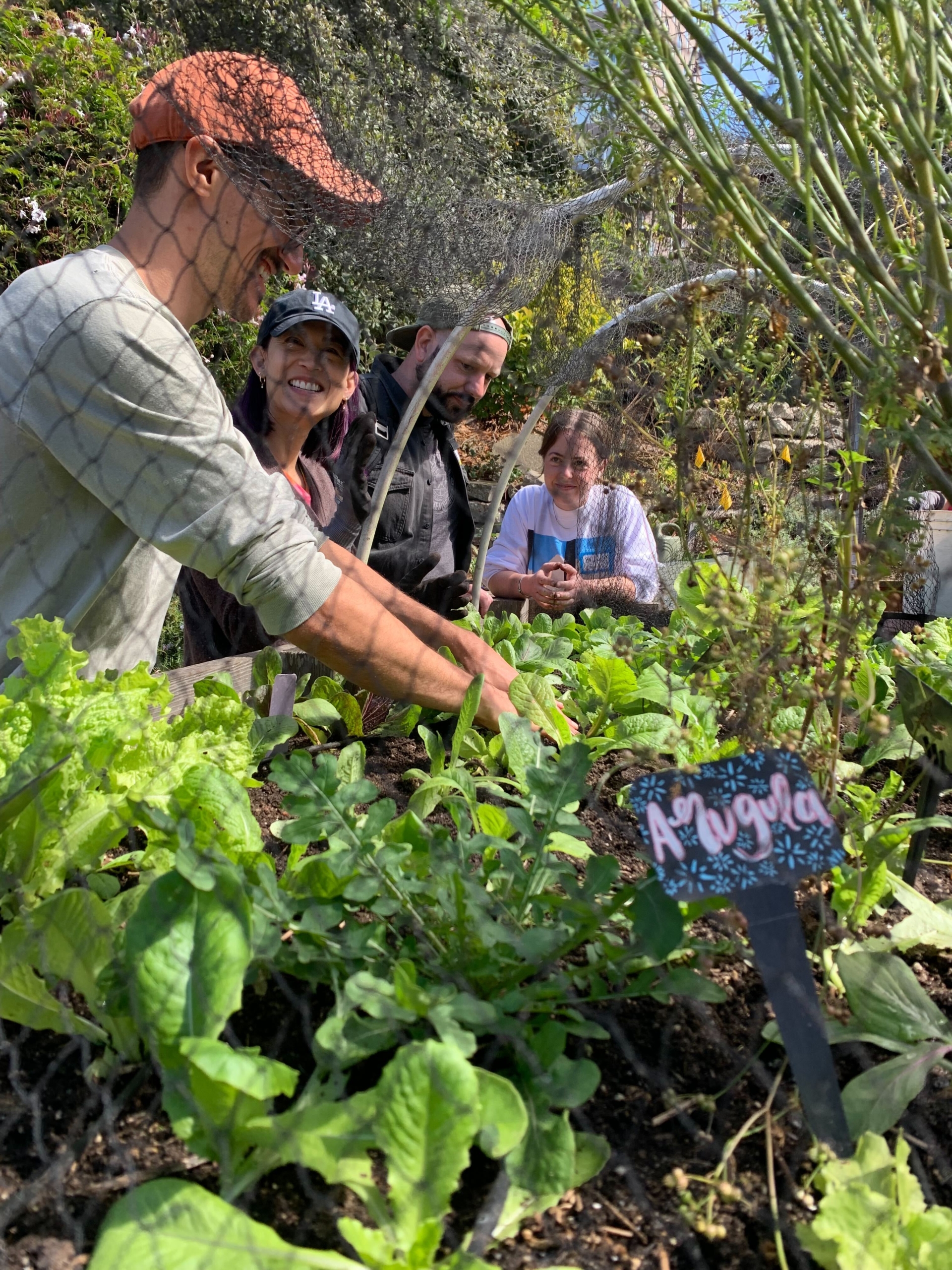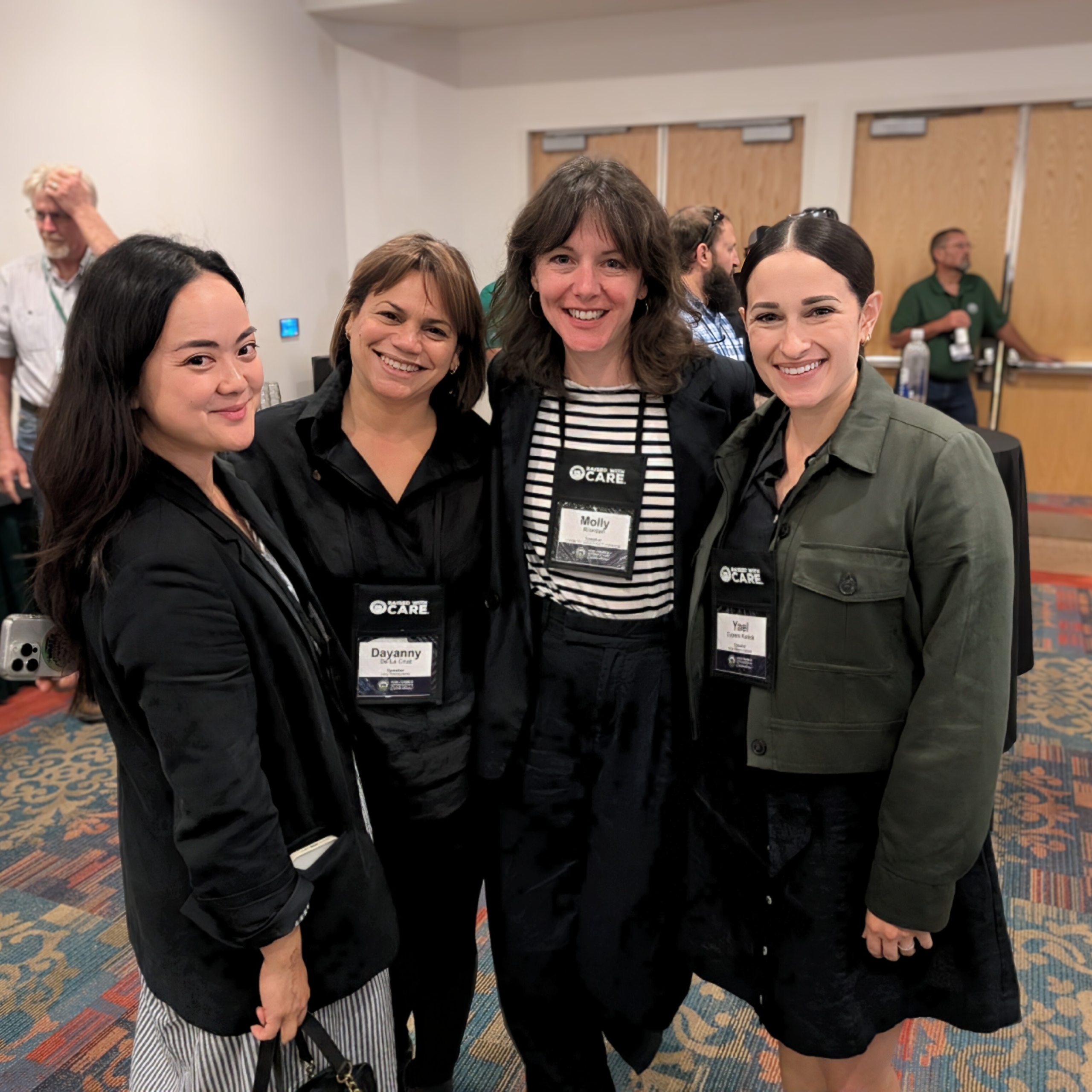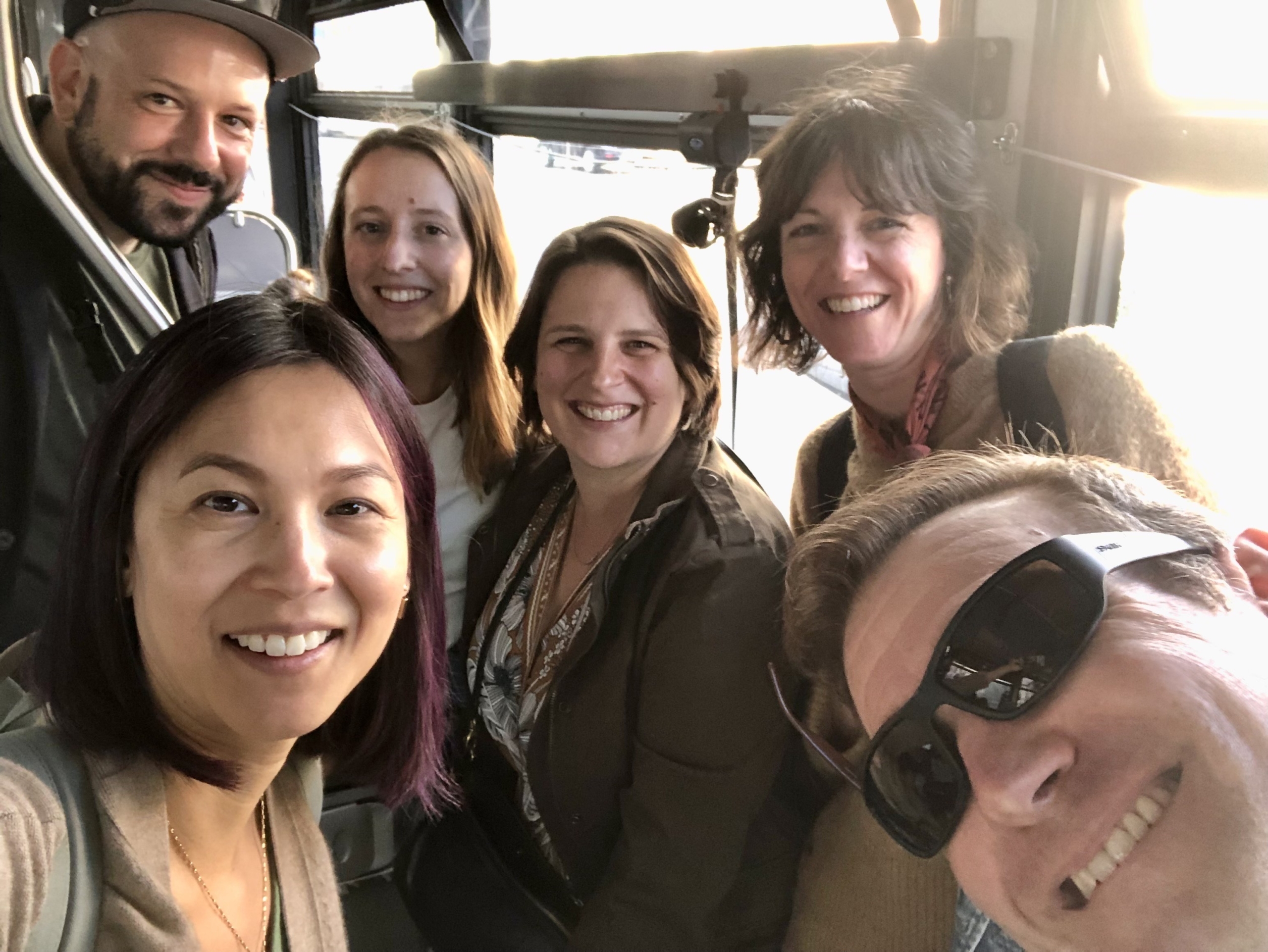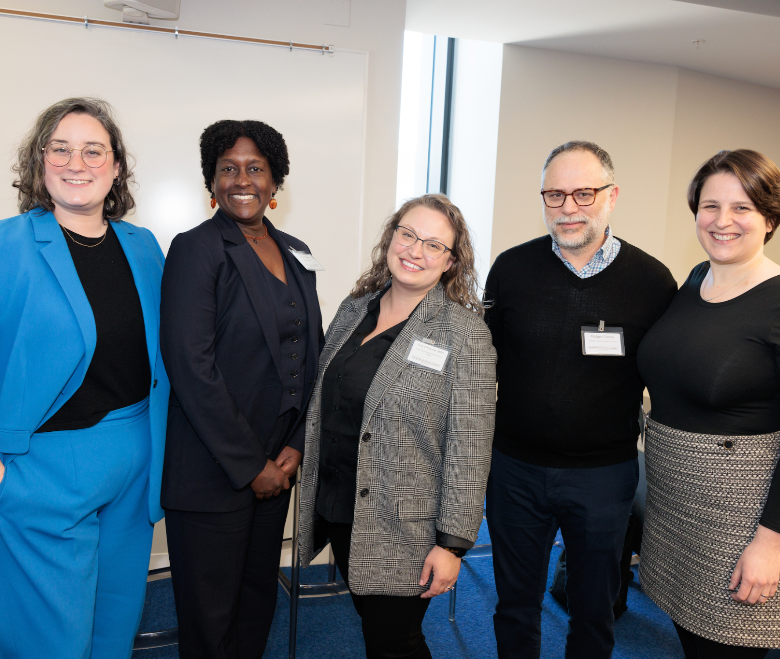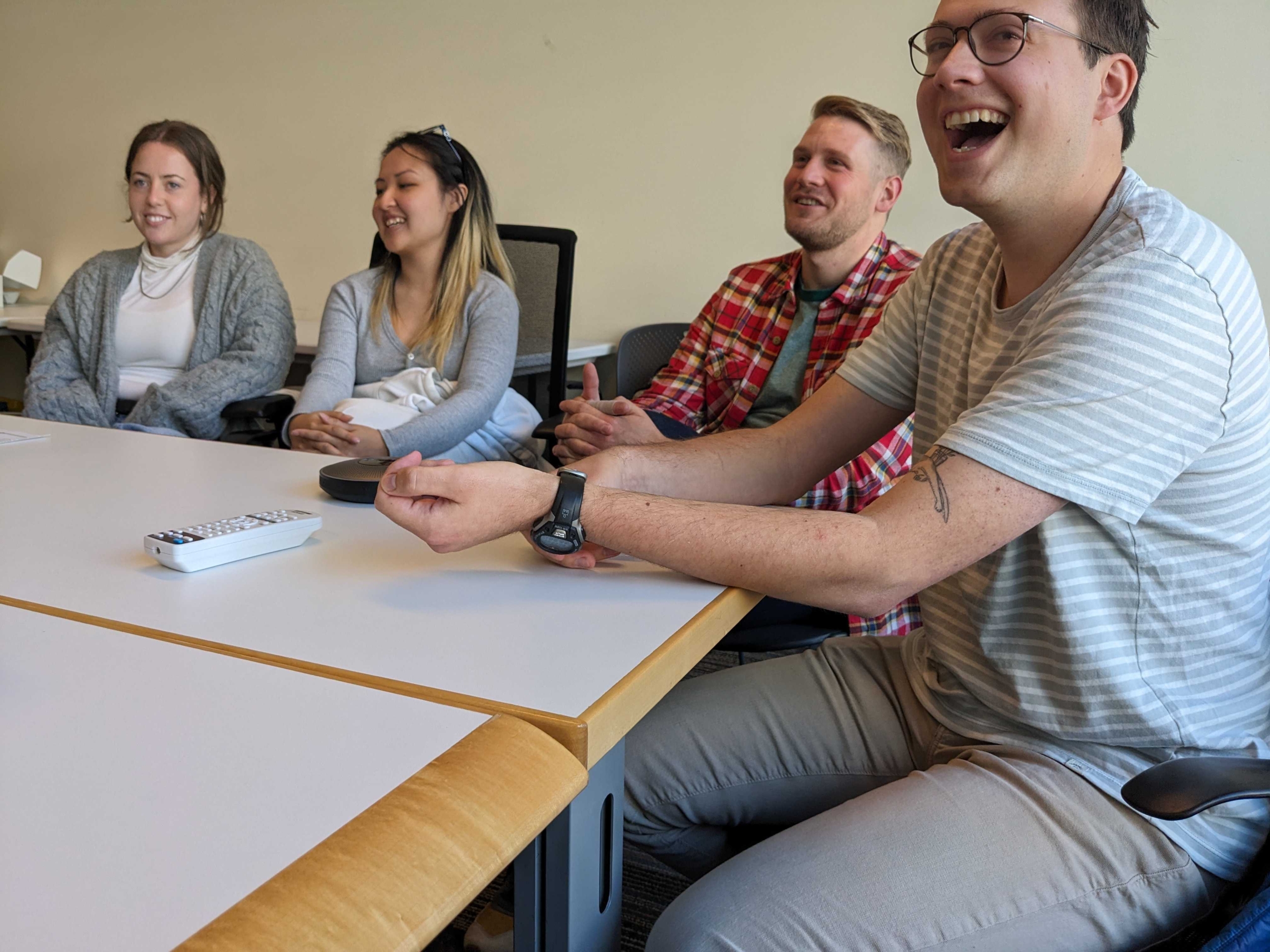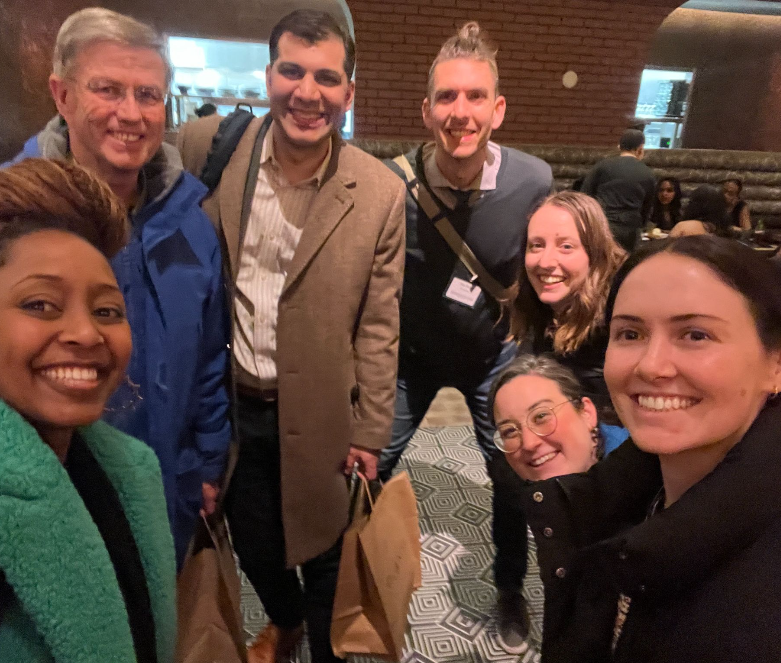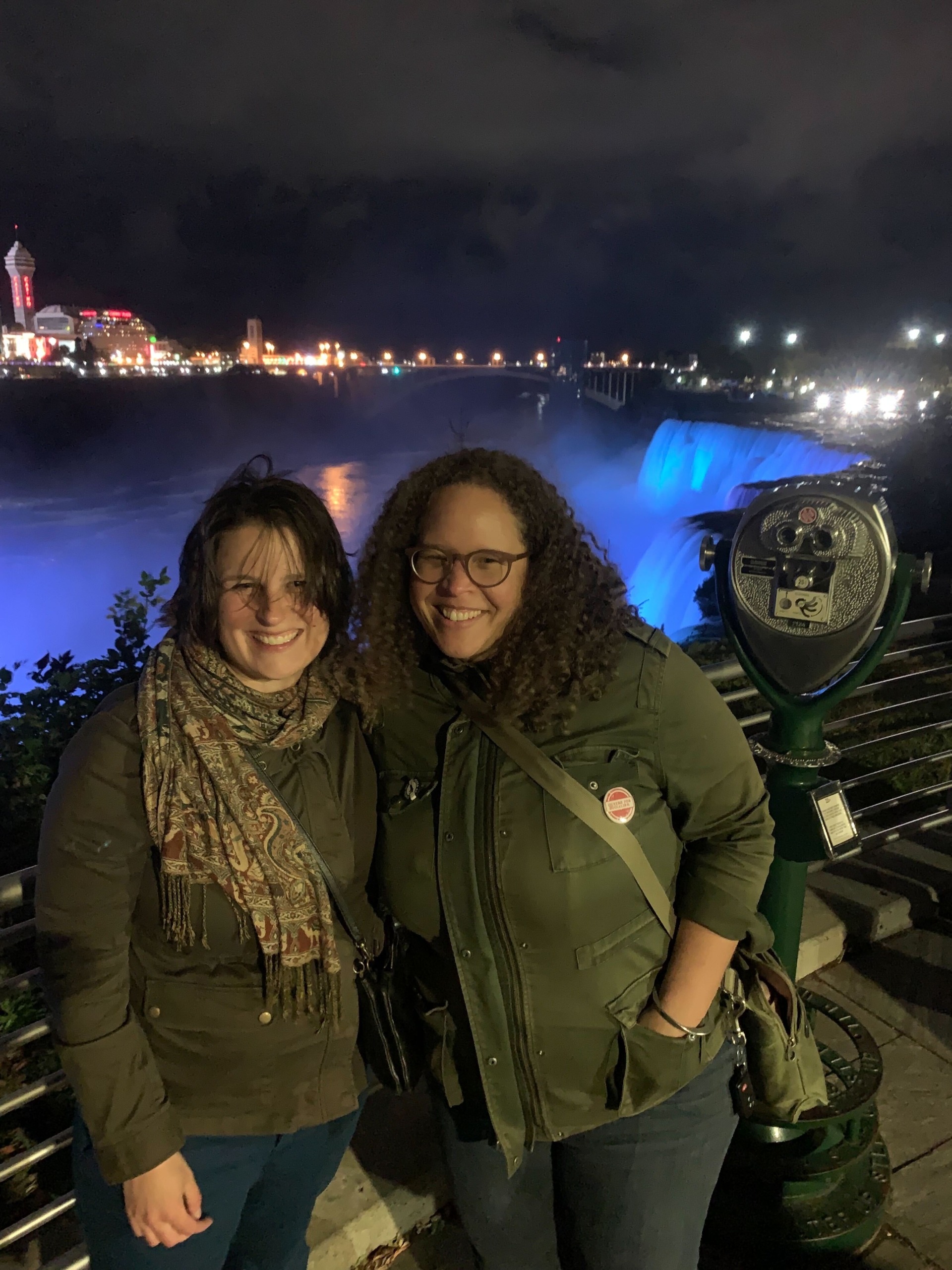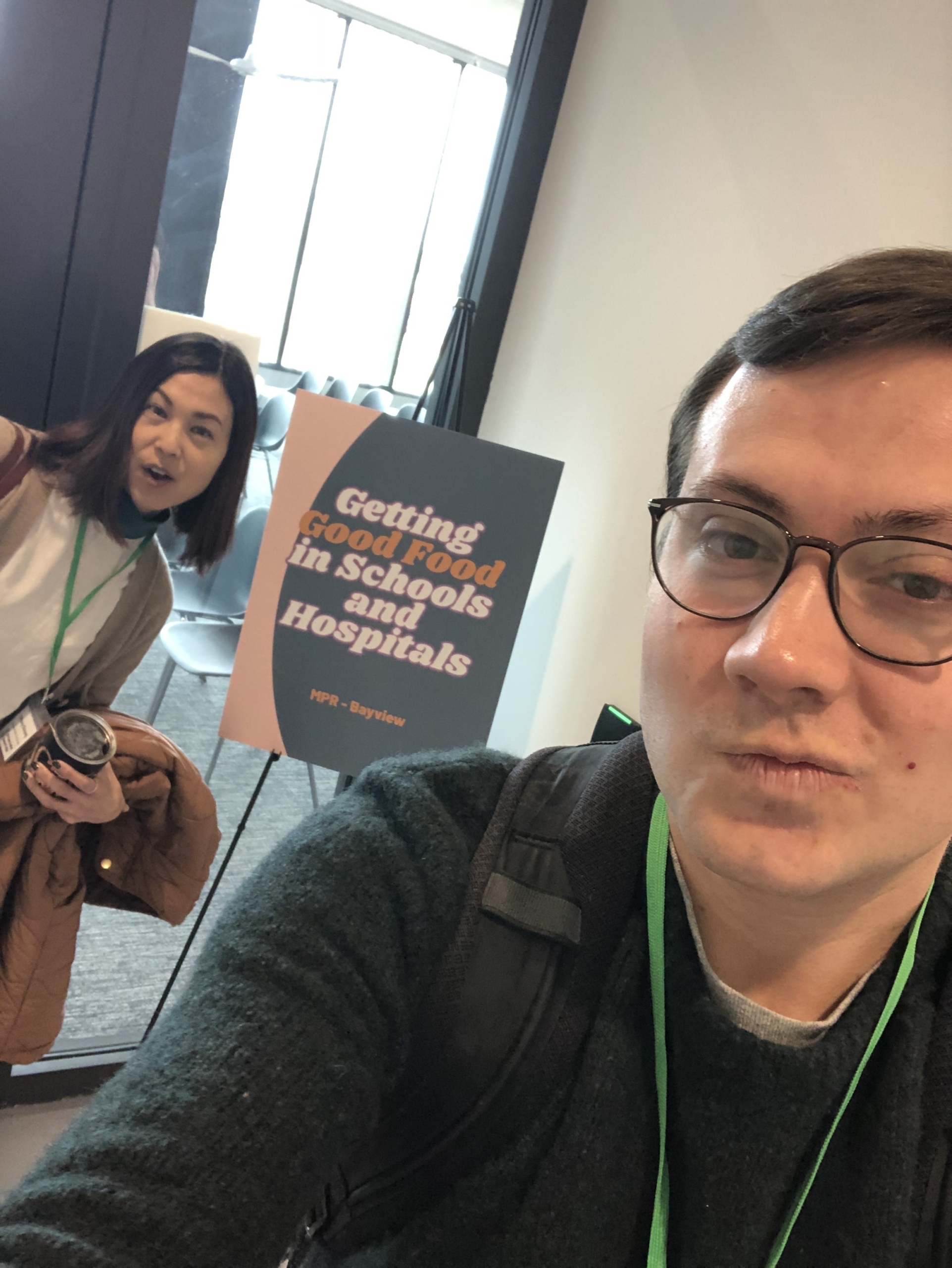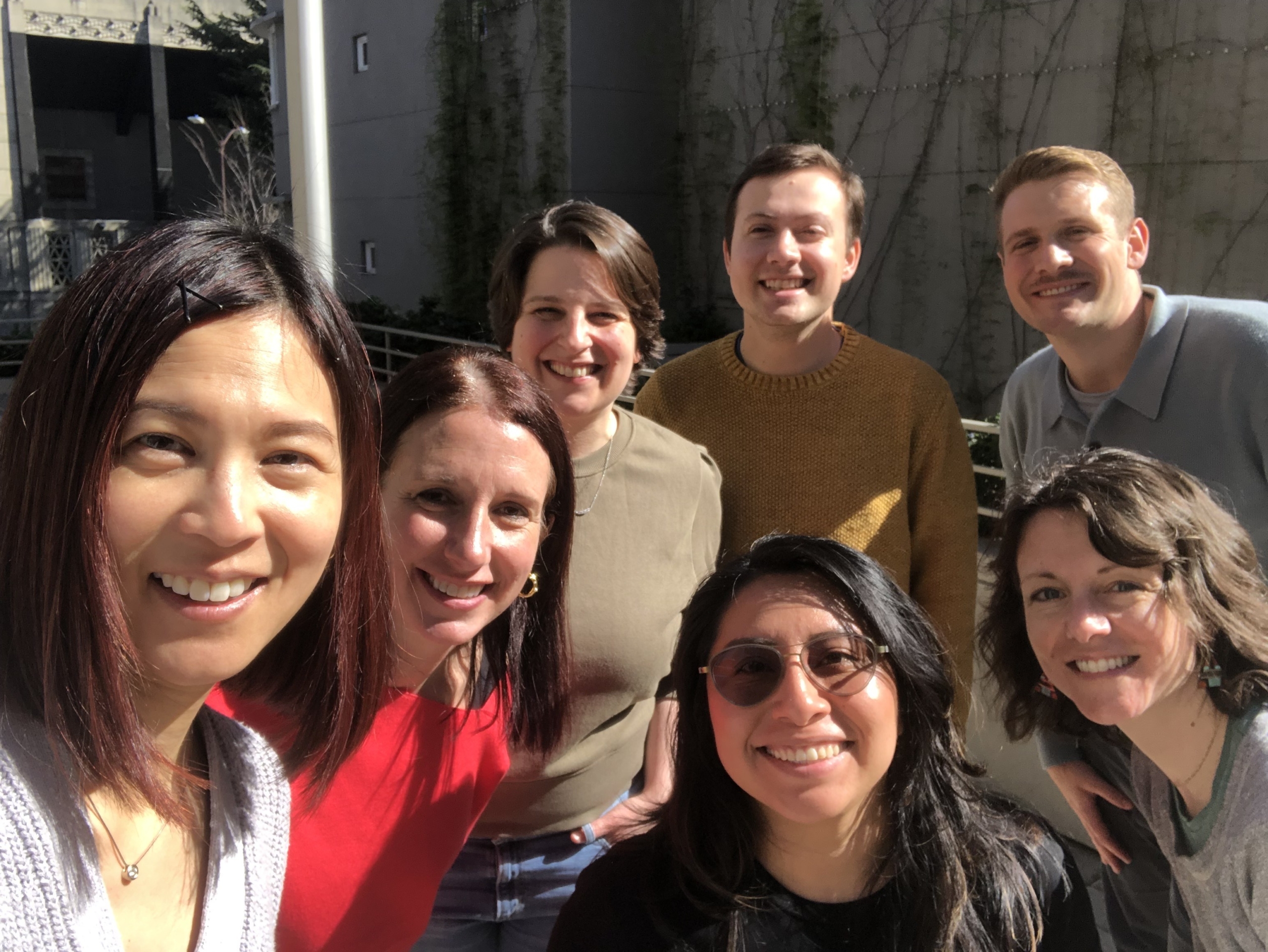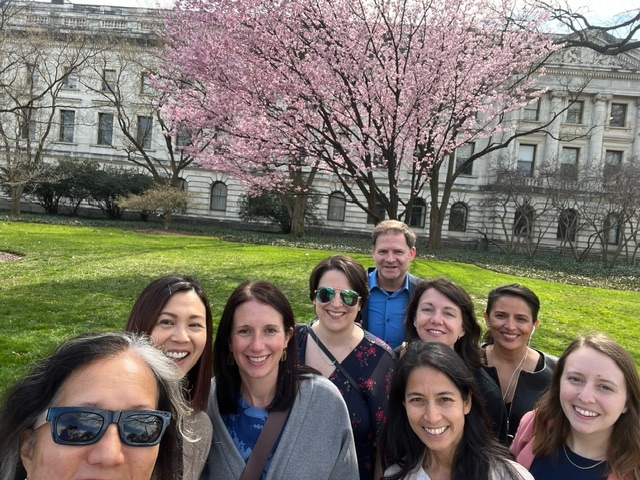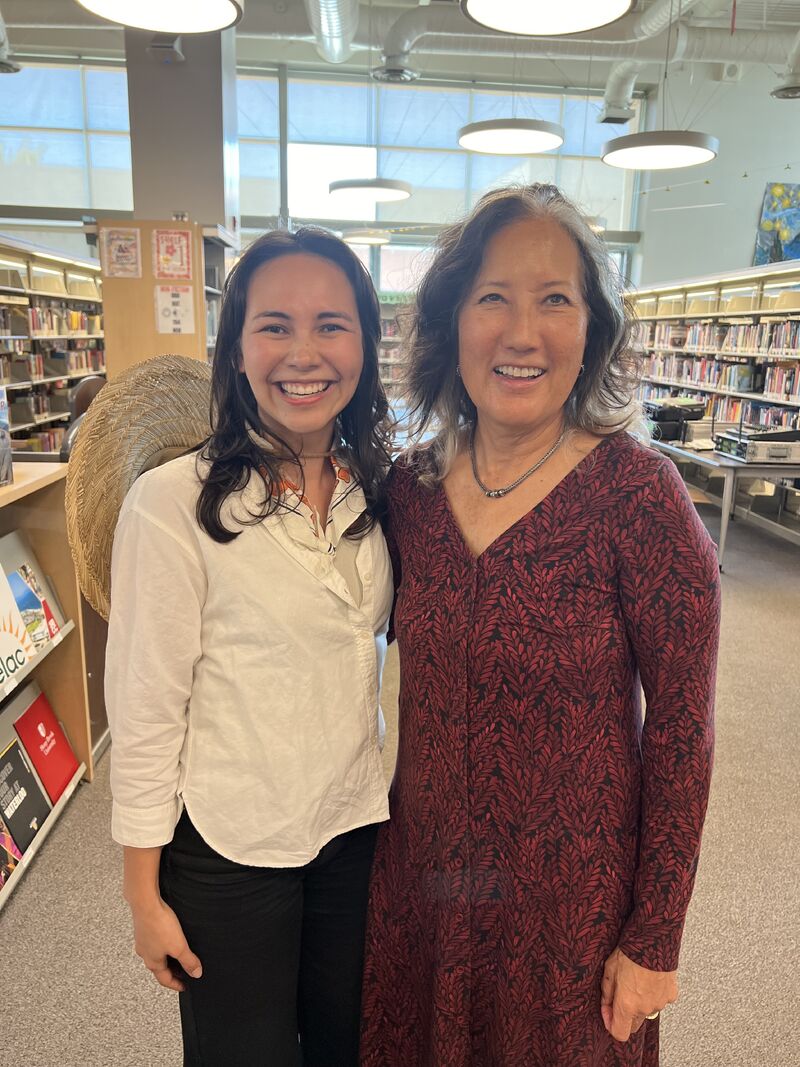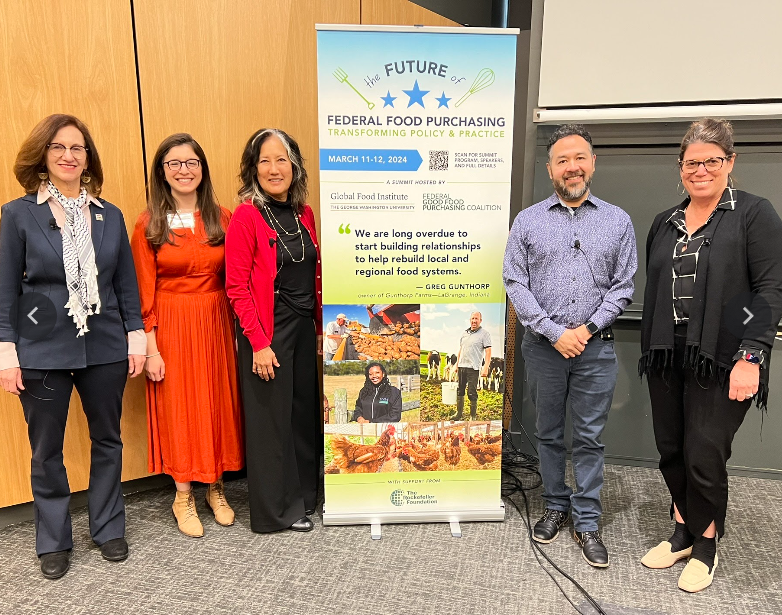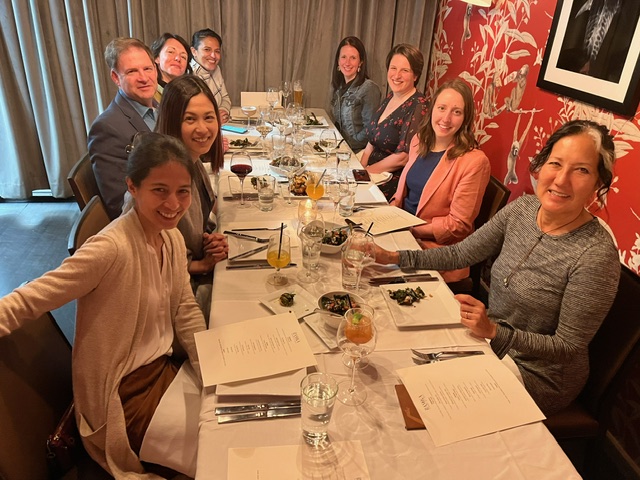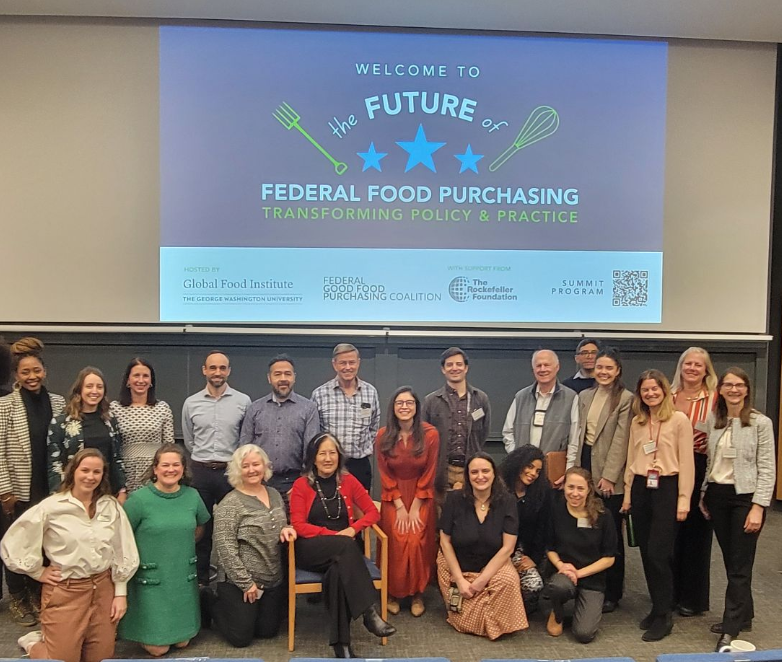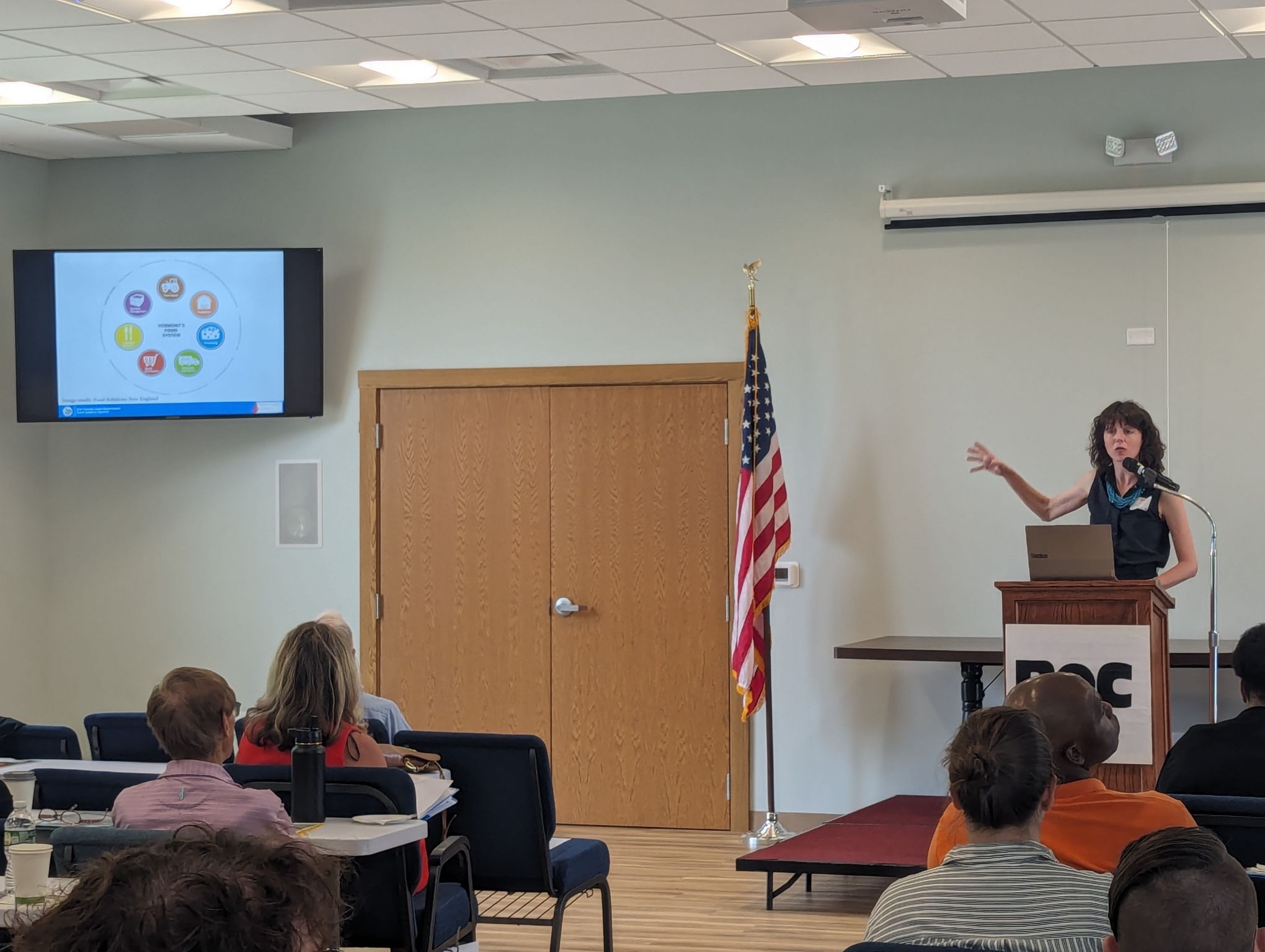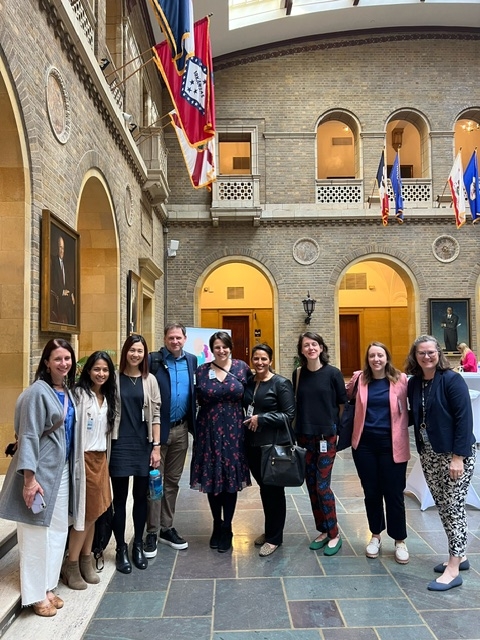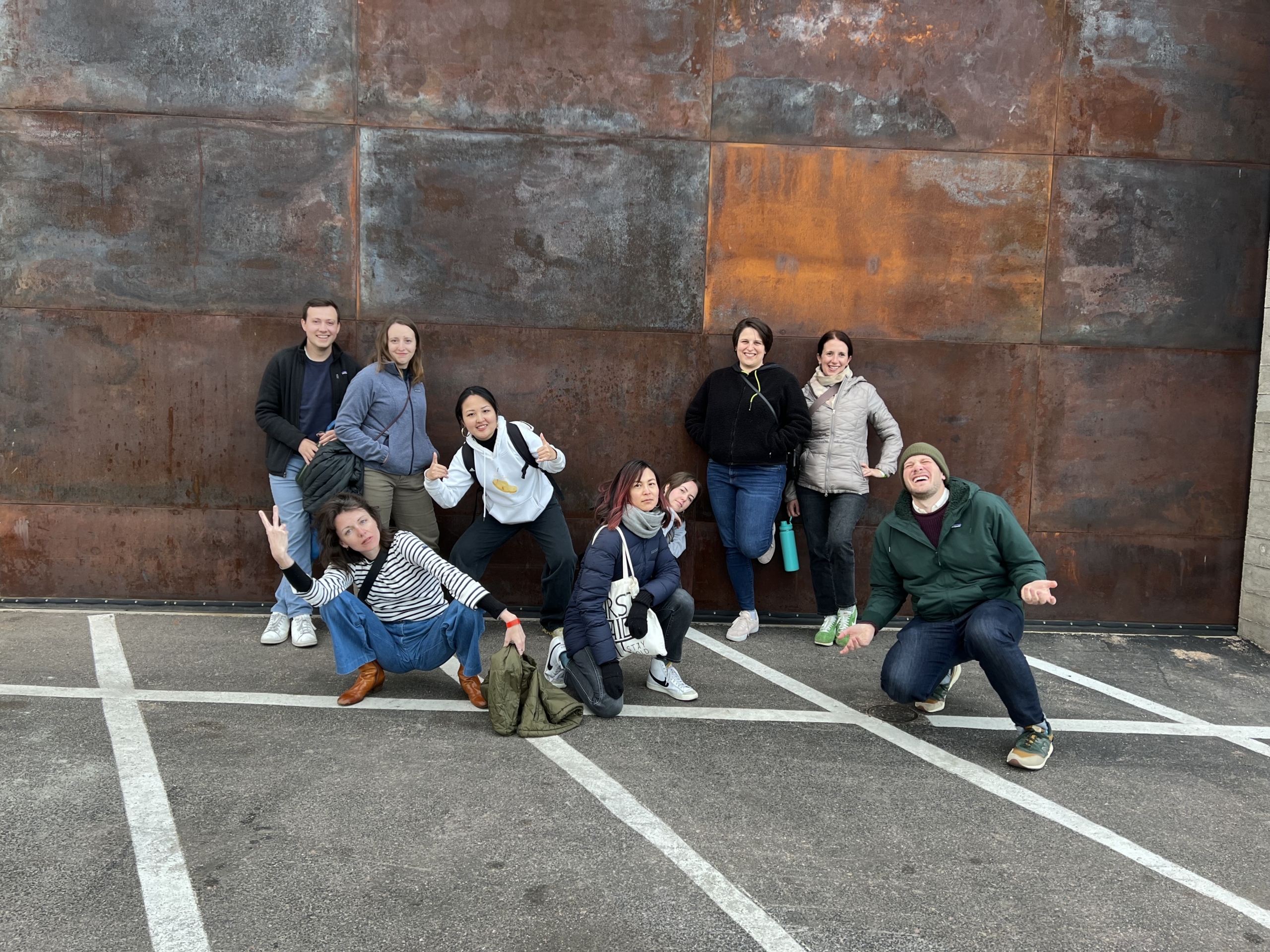This coming year marks the 10th anniversary of the Center, and a full decade of collaborative efforts to embrace the power of our food systems through implementation of the Good Food Purchasing Program framework across the country.
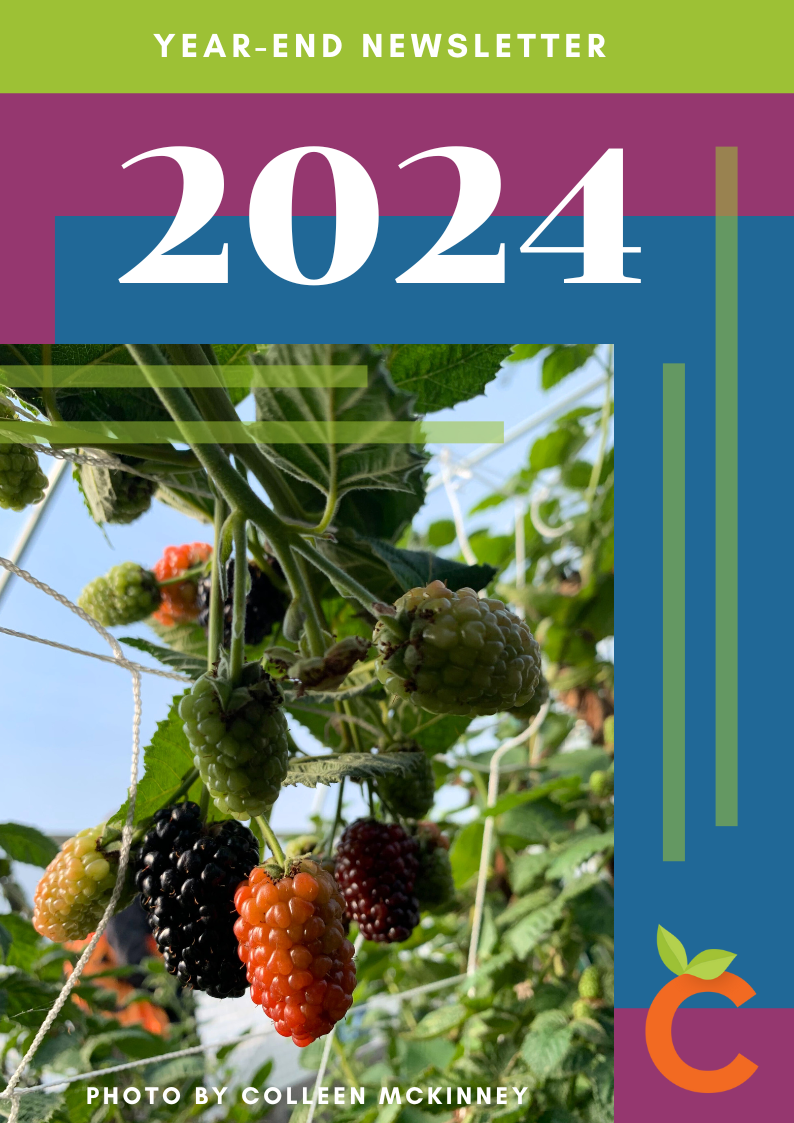
This milestone represents a time of pride, gratitude, and transition, as we celebrate two foundational leaders of the Center for Good Food Purchasing, who are now advancing to the next phases of their distinguished careers: Paula Daniels, Co-Founder of the Center for Good Food Purchasing, Chief of What’s Next, and Founding Chair, who has been tapped to lead the newly created Los Angeles County Office of Food Equity (LAC-OFE), and Ricardo Salvador, founding Board Member of the Center for Good Food Purchasing and former Director of the Food & Environment Program at the Union of Concerned Scientists. Paula’s latest endeavor represents a full-circle moment as she returns to Los Angeles to continue the work she began there as founder of the Los Angeles Food Policy Council, which developed then catalyzed the Good Food Purchasing Program and led to her becoming Co-Founder and Founding Chair of the Center.
With the strength of community and healthy vigilance amid the challenges and uncertainty that lie ahead as a nation so deeply divided, we honor Paula and Ricardo’s legacy and contributions to the Center by choosing to lead with love. We honor them by leading with courage and a steadfast commitment to advancing the health, equity, and wellbeing of our communities, our planet, and each other. We honor their legacy by building on the strong foundation they established — anchored in the unifying vision of Good Food — and carrying forward the wisdom they have shared with so many of us, as we move boldly into the future. Together.
“Our cities and communities have long been incubators of innovation, leveraging their more nimble governance structures to experiment and innovate. In fact, it is often from these local experiences and successes that the federal government draws inspiration, taking good ideas with demonstrated feasibility to scale.
“As GFPP standards are adopted across the country in varied political, economic and regional contexts, the pattern will prove the viability of such an effort on a national scale. By demonstrating that this can work not just in coastal progressive bastions but in the Midwestern breadbasket itself, in the Rust Belt, and in the South, it is becoming increasingly clear that this model holds value for all Americans.
“Though the next four years carry a great deal of uncertainty for our collective work toward a better food system for all, the lessons we are learning from the innovation of GFPP efforts bring me a great deal of hope and inspiration. Whether we can convince the next administration to realign our federal food policies coherently — so that they work better for all Americans — remains unknown. What I am certain about, however, is that we can continue to support and amplify efforts across the country demonstrating every day that this is not a fantasy, and in fact it is already happening.”
A Full-Circle Moment: Celebrating Paula Daniels’ leadership
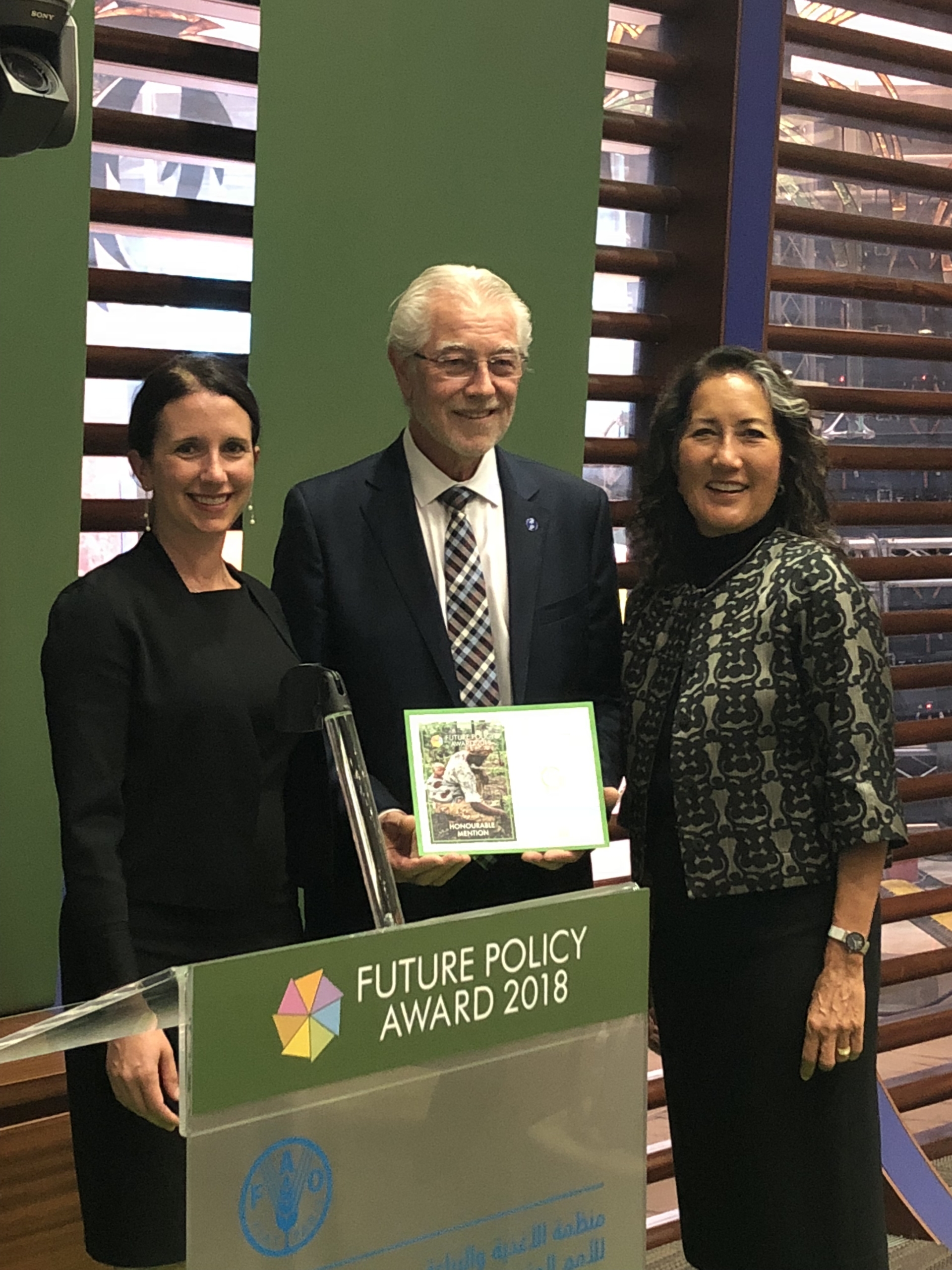
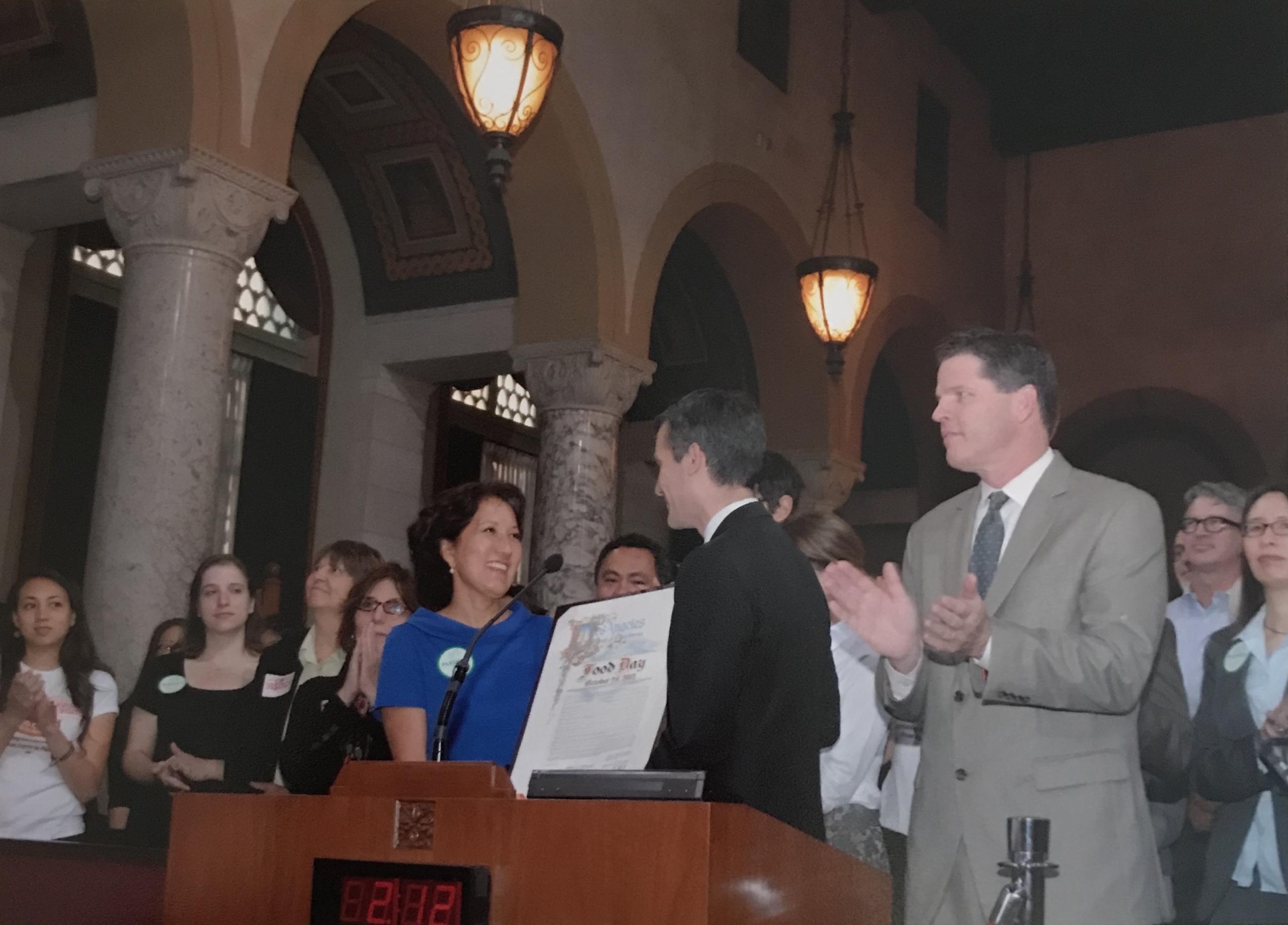
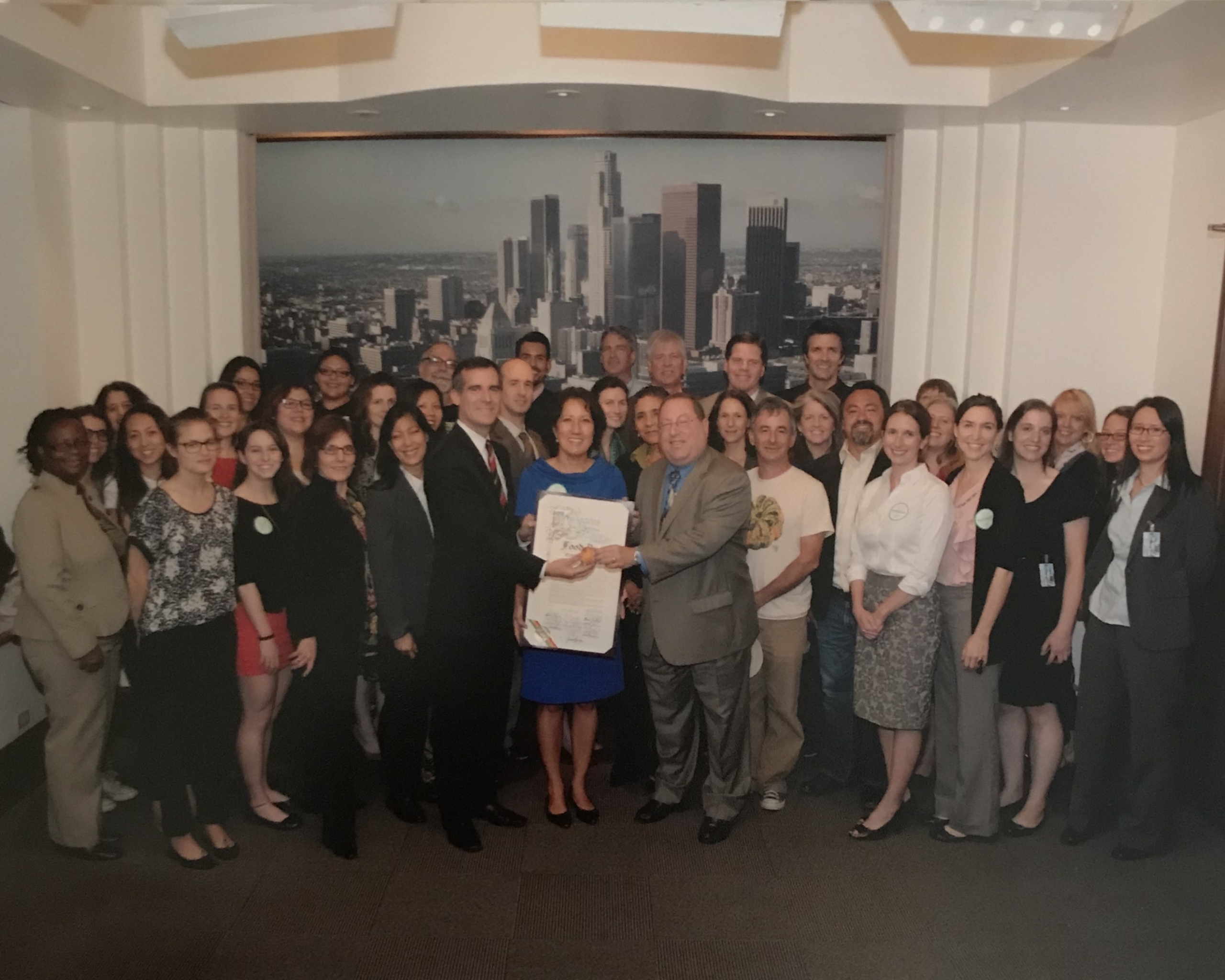
Reflections by Alexa Delwiche, Co-Founder and Executive Director
It’s hard to imagine navigating 2025 and beyond without my co-conspirator of over 15 years, Paula Daniels.
And yet, I find hope and inspiration in the same places we’ve always turned to: our theory of change, the strength of our relationships, and the ever-expanding mycelium network of partners united around the simple yet powerful concept of public dollars for the public good. This work was set in motion through Paula’s vision and leadership when she was tasked by the Mayor of Los Angeles to launch the Los Angeles Food Policy Task Force, which later became the Los Angeles Food Policy Council.
Together, we’ve witnessed the transformative power of cities and communities leading the way by investing in food systems that align with their values — a movement built on trust, collaboration, and a belief that local leadership can drive real change.
The beauty of the Good Food Purchasing movement is that it is rooted in partnerships and a national network that thrives on shared knowledge and mutual support. What one city learns, another adapts. What one coalition achieves, another can replicate. Coalitions in one place can support campaigns in another. This momentum builds and scales, reaching states, national levels, and even international ones — a force that can’t be stopped. This same theory of change is also what led Paula, and a cohort of dedicated mayoral food policy advisors, to form the Food Policy Task Force for the US Conference of Mayors back in 2012.
Over the past decade, local governments and advocates have shown us time and again that a better food system is a reality we can achieve. Through coordinated Good Food Purchasing policies — grounded in values that put eaters, our economies, farmers, workers, animals, and the environment at the center — we have created a model of change anchored in local leadership. We’ve proven that cities and local leaders have the power to change the food system from the ground up. And it all started in Los Angeles, thanks to Paula’s leadership and penchant for taking risks on good ideas. From two institutions in one city in 2015 to over 70 institutions and 13 local coalitions today, representing hundreds of organizations and thousands of meal sites across more than 30 cities and counties — we have made an undeniable impact. Together, these institutions are spending nearly $1.2 billion on food, serving over 600 million meals to millions of people each year.
Cities and states are going to continue to lead this change.
As I reflect on this full-circle moment, I’m filled with gratitude knowing that Paula, the fearless visionary who founded the Los Angeles Food Policy Council and was pivotal in making LA the first city in the nation to adopt the Good Food Purchasing Program, is returning to the work she started back in 2009. Paula is a leader who dreams big, sees opportunity in every challenge, and makes things happen. She has spent her career turning ideas into action, building partnerships, and proving that change is possible when people come together.
Paula’s ability to reimagine systems and pathways for solving old problems has been a guiding light not only for this movement but for me personally. She brings people together and gets them to dream just as big as she does. When she asks, “What’s next?” the answer is always, “Why not?”
At a time when local leadership is more important than ever, I take comfort in thinking about the new models Paula will create and knowing that this transition is simply the next chapter in our journey together. Our work has always been about more than just policy; it’s about the relationships and our shared vision. As my Gram, Angelina Panepinto, always said, “This is so long, not goodbye.”
2024 Snapshot
Our Reach
More than 70 institutions
More than 30 cities & counties
19 policies
More than $1.1 billion annual food spend
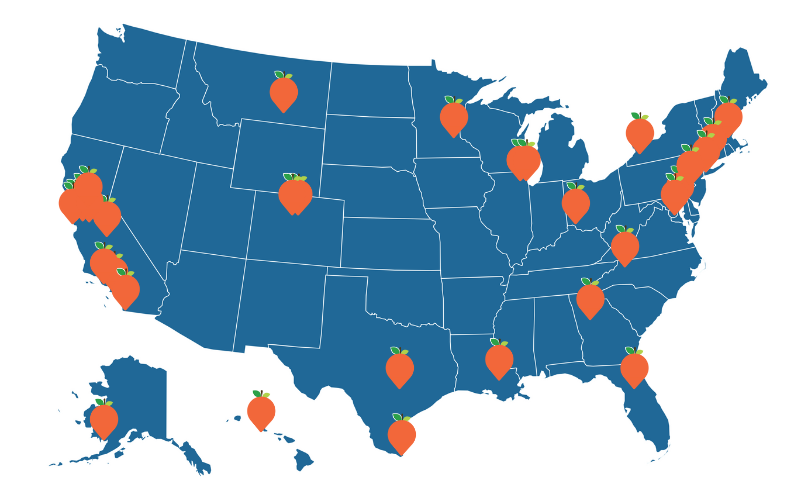
14 institutional baseline assessments
completed by the Center for new institutions in 20245 municipal agencies, 3 school districts, 3 hospitals, 2 carceral agencies, 1 entertainment venue
$21.25M food spend
across new institutions24.1% produce, 20.7% grains, 15.5% poultry, 9.5% beef / lamb / pork, $8.5% milk
The Center for Good Food Purchasing currently is partnering with
34 K-12 school districts across 15 states and Washington, D.C.
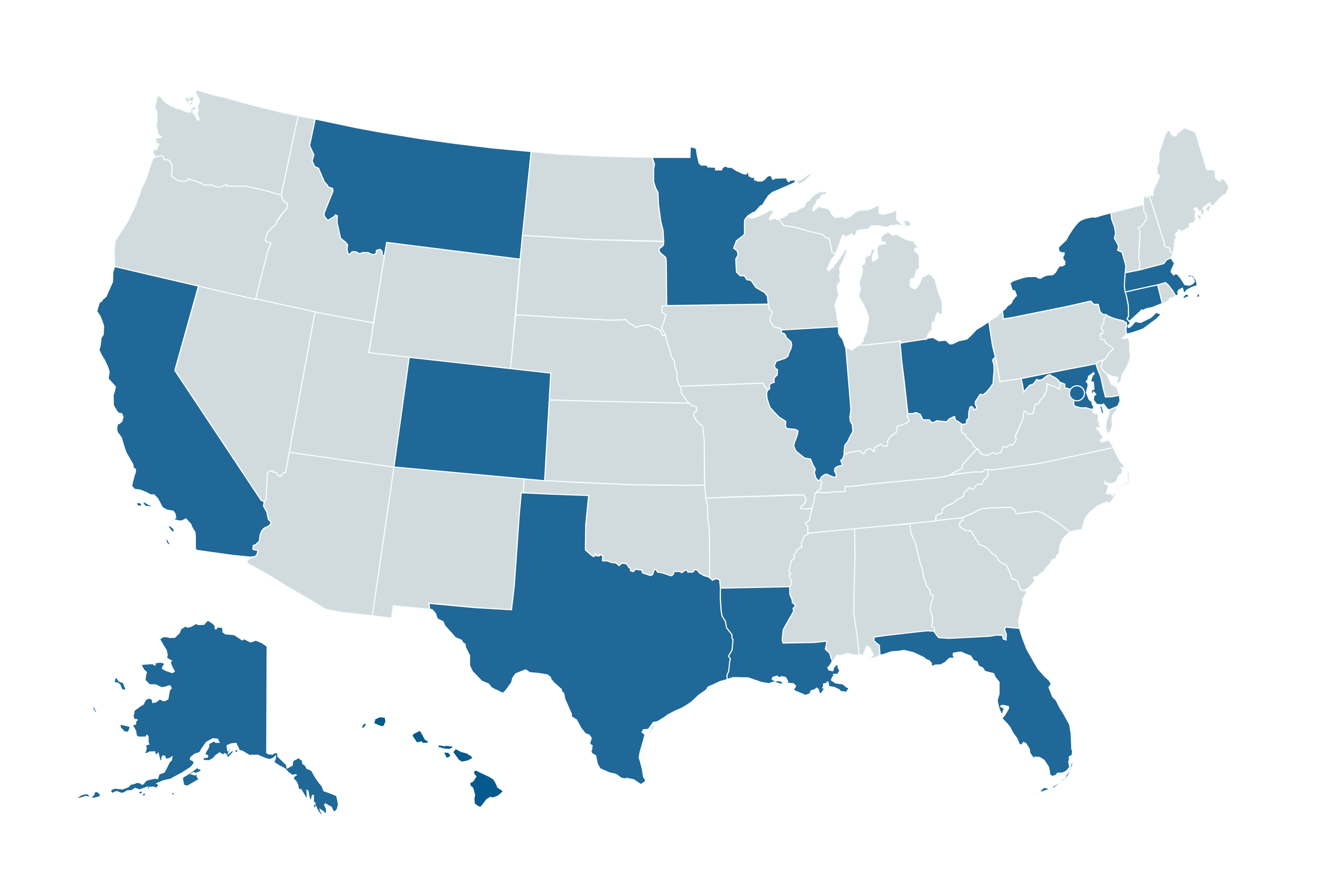
2.4 million students (5% of all K-12 students in US)
were enrolled at schools partnering with the Good Food Purchasing Program this year72% Free or Reduced-Price Meal eligibility
among students enrolled at schools partnering with the Good Food Purchasing Program
When analyzing 30 institutions with more than one assessment completed:
Good Food Purchasing California Collaborative
This year, the Center for Good Food Purchasing and project partners Fullwell (formerly the Food & Agriculture team of SPUR), Community Alliance with Family Farmers, and Los Angeles Food Policy Council officially kicked off a new Good Food Purchasing California collaborative. This project is the result of a successful United States Department of Agriculture (USDA) Regional Food System Partnership grant application to link Good Food Purchasing Program efforts across the state of California.
Good Food Purchasing California establishes a new regional collaborative to connect and amplify impacts of advanced good food purchasing initiatives in Los Angeles and the Bay Area. The project is designed to help us deepen Good Food Purchasing Program work underway with food service operators, community-based organizations, technical assistance partners, and staff at state agencies to work in greater coordination and accelerate the impact of our collective efforts.
In the initial stages of the project, we’re building on the Bay Area dashboard we created with Fullwell staff as part of a previous Regional Food System Partnership grant to create a statewide picture of GFPP implementation. We also are developing a proposed policy and technical assistance framework in collaboration with GFPP participants and project partners that will help us coordinate and accelerate our impact.
Thanks to the feedback of some GFPP-enrolled school districts, the Center already has started this effort with a focus on the School Food Best Practices Fund. Interview findings on use of the Fund and recommendations from our institutional partners will be used to inform a stakeholder opportunity analysis with a focus on collective action.
The Center for Good Food Purchasing would like to thank project partners, GFPP participants, and the many supporters who have contributed to bringing the Good Food Purchasing California collaborative to life.
Organization Farewells & Welcomes
With sincere appreciation for their many contributions, we wish the very best to members of our organization
who have moved into their next chapters:
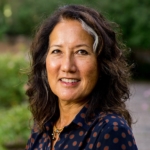
Paula Daniels,
Co-Founder, Chief of What’s Next, Founding Chair

Ricardo Salvador,
Founding Board Member
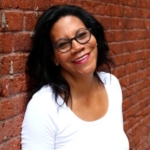
Karen Watson,
Governance Board Member

Sara Elazan,
Assessments & Analytics Manager
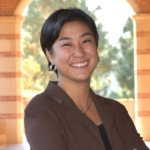
Ikuko “Coco” Nakano,
Executive Assistant
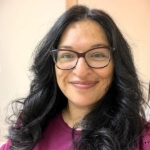
Sandy Olinga,
Finance & Contracts Manager
“The Center’s Board will be saying goodbye to three extraordinary leaders who have had a profound impact on the organization, as well as the broader movement for equitable and sustainable food systems. Paula Daniels is our founding visionary who animated our sense of possibility, with an eye to “what’s next.” Karen Watson reminded us that we are part of a broader narrative, and we need to tell a story everyone can see themselves in. Ricardo Salvador’s humble spirit and wisdom helped us see our shared humanity – and the mutuality between human community and our natural world. We are indebted to how they modeled shared stewardship and positioned us for this unique moment in time.”
This year, we were excited to welcome incredible talent and expertise to the Center:
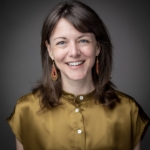
Molly Riordan,
Director of Institutional Impact
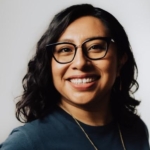
Mayra Jaimes Pena,
Senior Operations Specialist

Scott Richardson,
Director of Data Insights
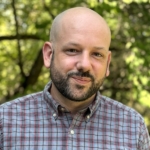
Jon Polley,
Institutional Impact Manager
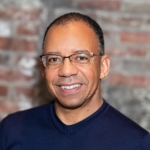
Mark Watson,
Governance Board Member
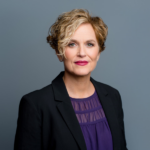
Mayor Betsy Hodges,
Governance Board Member

Jess Buxbaum,
Data Cleaning Assistant
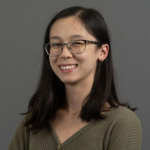
Jen Eng,
Data Cleaning Assistant
Our Supporters
Our work is made possible through the generosity of the following funders:


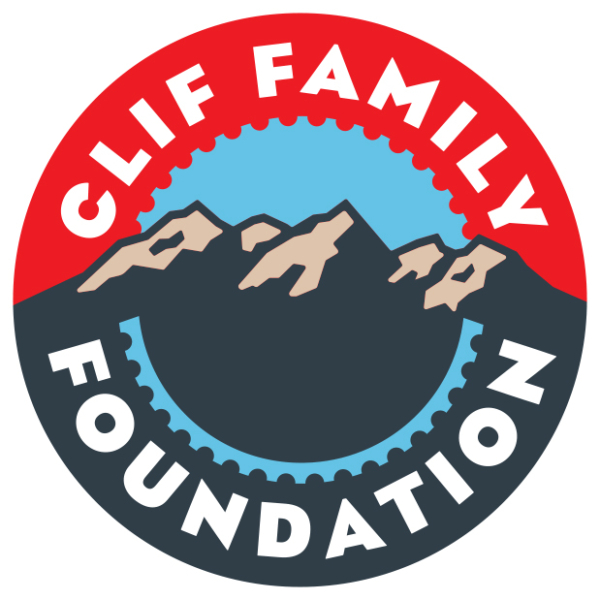



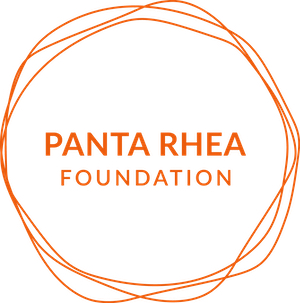


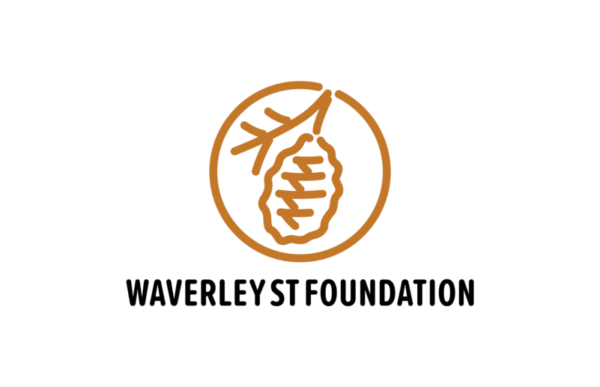

A grant from an anonymous donor advised fund at The Chicago Community Foundation
